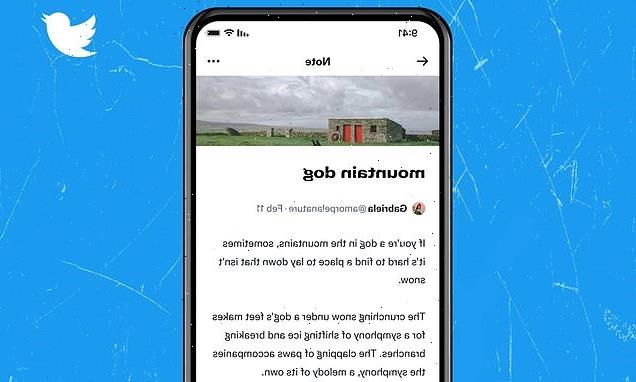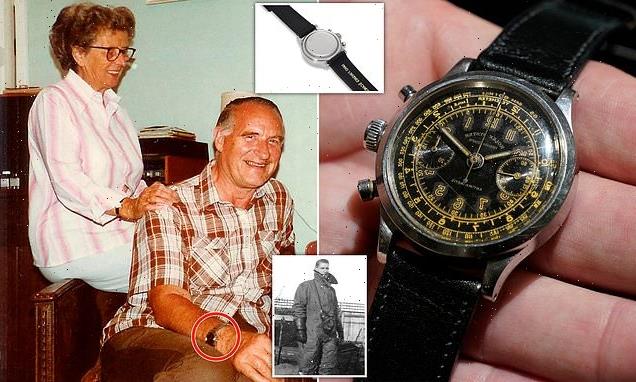A court in Jinan, China on Wednesday sentenced a man to 18 months of prison time for sexually assaulting a female employee at Chinese e-commerce and entertainment giant Alibaba.
The man, Zhang Guo was the employee of a supermarket chain who was negotiating a business deal with Ms Zhou in the middle of last year. Zhang and an Alibaba manager were accused of plying the woman with drink at a working dinner, assaulting her during the dinner and then again in Zhang’s hotel room.
The case achieved national significance as it simultaneously fed into several uncomfortable narratives.
Zhou made a written complaint to Alibaba’s human resources department about the incidents. But the company either failed to take her seriously or sought to cover it up. Only when she uploaded 11 pages of accusations to social media did the company react. Alibaba fired the male manager, known only by his surname Wang, and sought to bring in corporate rules defusing China’s after-hours corporate drinking culture. The company also fired Zhou for spreading false information and for damaging its reputation.
Prosecutors took no action against Wang, though Zhou’s lawyers report that this may be appealed.
The belated and awkward actions of the tech giant further damaged the company’s profile at time when China’s regulators were mounting a multi-pronged assault on the activities and business practices of the country’s leading tech firms.
And the case gave further ammunition to China’s nascent #MeToo movement. Chinese authorities find it difficult to accept grass roots activism and typically favor top-down social stability policies over actions that lay bare the seamier sides of society.
Covering up and denying that anything was untoward was the authorities’ reaction in November last year when female tennis star Peng Shuai alleged a non-consensual sexual relationship with Zhang Gaoli, a senior politician, before she went on to have an affair with him. Zhang was Senior Vice Premier of the State Council between 2013 and 2018, and from 2015 until this year headed the 24th Winter Olympic Games Task Force, preparing the 2022 Beijing Winter Olympics. Peng was quickly silenced on Chinese social media, but her high overseas profile kept the case prominent in foreign media and forced awkward responses from sports’ governing bodies and the Chinese authorities.
The Alibaba case also overlapped with mid-2021 accusations against Kris Wu, the Canadian Chinese musician and actor who had been one of China’s biggest popular entertainment stars. Wu, who was quickly wiped from the entertainment industry in China, was tried on rape charges earlier this month in a one-day closed-door trial in Beijing. After the trial, the court said that its verdict will be announced shortly.
In recent weeks, China’s #MeToo movement has been stirred into action again following video footage leaked to social media that showed nine men brutally beating four women in a Tangshan restaurant after one of the women refused one of the men’s amorous advances. Authorities have blamed gang activity, while women’s rights groups have described an information vacuum and said that over 300 accounts on microblogging platform Weibo which discussed the incident have been shut down for spreading rumors.
In the Alibaba case, Zhang Guo was found guilty of “forcible indecency” against Zhou both during and after the dinner. The court said that he did not plead guilty and showed no signs of remorse.
Source: Read Full Article


